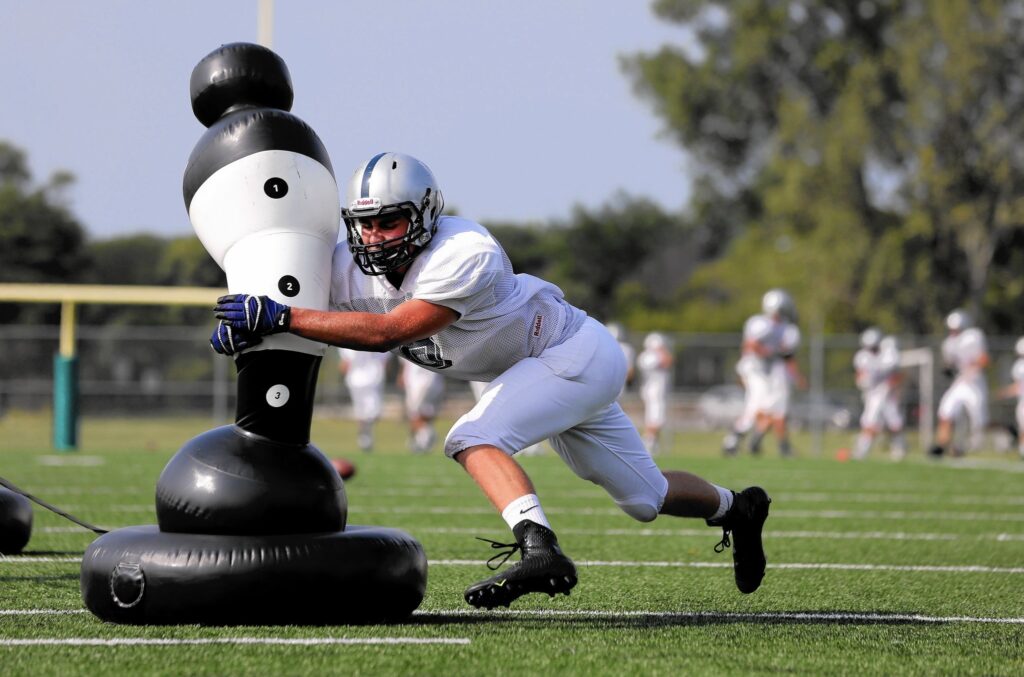Sleep plays an important role in your physical, mental and emotional health. While you’re sleeping, your brain and body are working hard to prepare you for the next day, to support healthy brain function and to maintain your physical health. Among its many benefits, good sleep improves learning, focus and decision-making. While sleep is necessary for the health and well-being of everyone, healthy sleep habits are especially important for athletes to ensure that they stay healthy and perform at their highest level. And, as you know, sleep is especially important for your kids.
The Benefits of Good Sleep
We all associate sleep with feeling rested, but that’s only one of the many benefits of having a good sleep. Additional benefits of healthy sleep habits include:- Helping to build a strong immune system
- Improving memory
- Helping to maintain a healthy weight
- Decreasing risks for serious health problems including heart disease, high blood pressure and diabetes
- Enabling mental clarity
- Improving decision-making
- Supporting healthy-growth and development
- Improving emotional well-being and an individual’s ability to get along well with others
Healthy Sleep Habits
Establishing healthy sleep habits is the best way to ensure that your child is taking advantage of the many benefits of good sleep. Adults need 7-9 hours, teens need 8-10 hours, and school-aged children need 9-12 hours of sleep per night. Additionally, all ages benefit from a 20-30 minute nap whenever possible. Here are some tips for building and maintaining healthy sleep habits for your child:- Establish a routine for going to bed and waking up. Doing this the same time every day is important, and sleeping the same amount every night helps to make sure that kids are consistently getting enough sleep.
- Avoid blue light for one hour before bedtime. While blue light is everywhere – most notably outdoors during daylight hours – encourage your child to avoid blue light from computer screens, TVs, smartphones and other devices before bedtime. Exposure to blue light can cause the body to suppress production of melatonin, which can interfere with sleep.
- Minimize brain-stimulating activities for one hour before bed. Winding down before bed will ensure that your child is relaxed and prepared to sleep when the time comes. One important way to do this is by doing calming or relaxing activities in the hour before bed.
- Don’t eat a big meal close to bedtime. Eating a big meal right before bed can interfere with your child’s sleep and her ability to stay asleep. Make sure that she eats her last big meal 2-3 hours before bedtime and then has a light, healthy snack before bed if necessary.
- Establish a healthy sleeping environment. Try to make your child’s bedroom as conducive to good sleep as possible. Some easy ways to do this include ensuring that it’s dark, eliminating noise and keeping the space cool.




